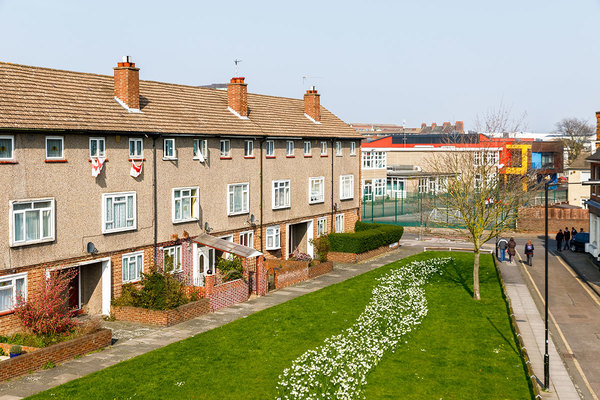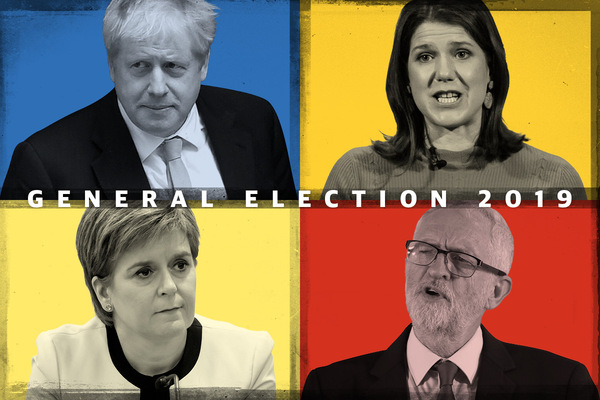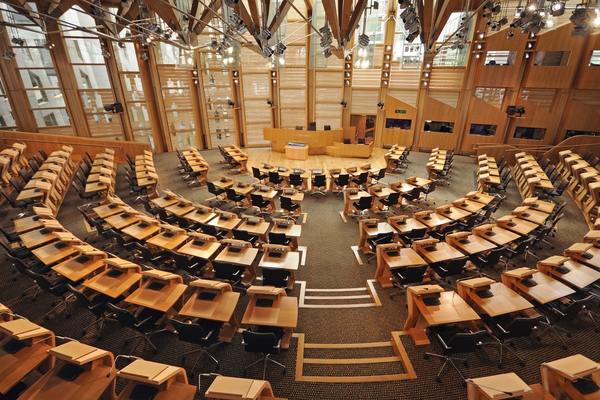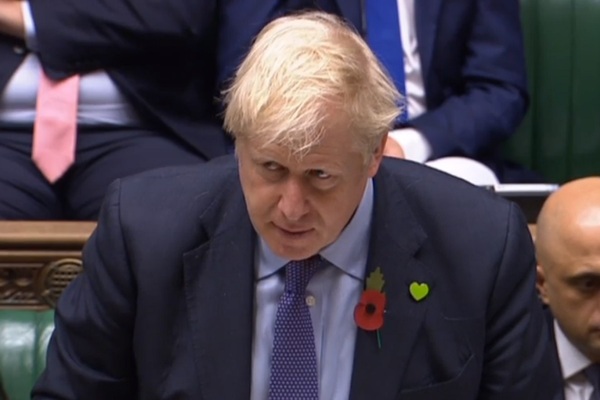Housing associations react to Conservatives’ Right to Buy promise with scepticism
Housing associations have reacted with scepticism to the Conservative Party’s manifesto pledge to push ahead with a policy extending the Voluntary Right to Buy (VRTB) to their tenants if it wins next month’s election.
The manifesto, published on Sunday, promised to “evaluate new pilot areas” following the “successful” Midlands scheme.
But the National Housing Federation (NHF) said the pilot will be a success “only if it helps tenants onto the housing ladder without any net loss of social housing”, while housing associations involved in the project pointed to issues with the policy.
An extension of the Right to Buy – which allows council tenants to purchase their home at a significant discount – was first mooted as the flagship policy of David Cameron’s Conservative manifesto in 2015.
Housing associations later voted on a deal developed by the NHF to accept the proposal voluntarily amid fears that the sector could be nationalised, with boards having control over which homes are eligible for sale and which are exempt.
Commenting on the Conservative plans for an extension of the pilot, Boris Worrall, chief executive of Worcestershire-based Rooftop Housing Group, said: “While we absolutely support home ownership, the Right to Buy is not the most cost effective way to deliver it.
“For the same capital investment of a single home sold under the VRTB, we could deliver two shared ownership homes.
“Shared ownership is a more effective and better value for money for the taxpayer way to increase home ownership.
“Housing associations have significantly increased the supply of new homes in response to a supportive policy environment - we don’t need major change, we need continuity and if we get that we will continue deliver, even in the current uncertain Brexit climate.”
The Midlands large-scale pilot, which was announced in late 2016 and begun in August last year, is funded with £200m from the Treasury and is intended partly to test the concept of “portability” – where tenants are able to use their VRTB discount on a housing association home they do not live in if theirs is exempt.
Ministers expected to fund 3,000 sales through the pilot but demand has been lower than expected, with participating housing associations reporting a lack of enthusiasm among tenants for portability.
Inside Housing previously revealed that only 529 homes had been sold a year into the scheme, with just 10 tenants using portability.
The pilot is set to conclude in the spring.
Chan Kataria, chief executive of 20,000-home landlord EMH Group, said: “We have been actively supporting the VRTB pilot over the past couple of years as we are in favour of homeownership opportunities for our tenants.
“We are now in a position to evaluate the pilot. The big issue for us remains how to overcome portability and some certainty around how government will fund this programme.”
The VRTB does not currently have a funding mechanism. Discounts were originally intended to be paid for through the forced sale of high-value council homes but this policy was dropped in last year’s Social Housing Green Paper.
Kate Henderson, chief executive of the NHF, said: “We will work with the next government to conclude and evaluate the Voluntary Right to Buy pilot in the Midlands.
“We think it’s important that this is done before any further pilots begin. For us it will be a success only if it helps tenants onto the housing ladder without any net loss of social housing.”
The Chartered Institute of Housing is calling for the Right to Buy to be suspended “in all its forms”.
Polly Neate, chief executive of charity Shelter, said: “The new government should be taking serious steps to boost the number of social homes alongside any plan to sell them off.”
Labour has promised to scrap the policy, while the Liberal Democrats want to give councils “full control” over the Right to Buy.
Ahead of the election period, the Conservative government announced that housing association tenants would be given the right to purchase a chunk of their homes’ equity through shared ownership – but this is not mentioned in the party’s manifesto.
General election 2019: Conservative housing pledges
- To build at least a million homes over the next five years
- To extend the housing association Right to Buy pilot currently being run in the Midlands to other areas
- To renew the Affordable Homes Programme in the Spring Statement
- New “First Homes”, which will be sold at a 30% discount to first-time buyers – apparently modelled on David Cameron’s Starter Homes pledge from 2015
- Continue the roll-out of Universal Credit, but "do more make sure that it works for the most vulnerable"
- To ensure infrastructure, such as GPs and schools, is provided before new housing is built
- To give local communities the power to write design standards
- A continued commitment to Theresa May’s promise to end ‘no-fault’ evictions
- A new market for “lifetime” fixed-rate mortgages, which will come with 5% deposits
- “Lifetime” deposits for the private rented sector, allowing renters to move the same deposit to a new tenancy when moving home
- A Social Housing White Paper, which was originally due in Spring 2019
- To simplify shared ownership by setting a single standard for all housing associations
- An “accelerated” green paper on planning, aimed at speeding up the planning process
- Reforming the Housing Infrastructure Fund to provide greater flexibility to Homes England














